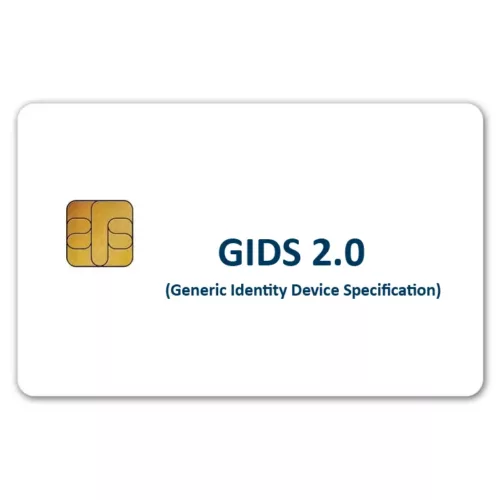A Relying Party (RP) is a computer term used to refer to a server providing access to a secure software application.
Claims-based applications, where a claim is a statement an entity makes about itself in order to establish access, are also called relying party (RP) applications. RPs can also be called “claims aware applications” and “claims-based applications”, and web applications and services can both be RPs.
With a Security Token Service (STS), the RP redirects clients to an STS which authenticates the client and issues it a security token containing a set of claims about the client’s identity, which it can present to the RP. Instead of the application authenticating the user directly, the RP can extract these claims from the token and use them for identity related tasks.
The OpenID standard defines a situation whereby a cooperating site can act as an RP, allowing the user to log into multiple sites using one set of credentials. The user benefits from not having to share their login credentials with multiple sites, and the operators of the cooperating site avoid having to develop their own login mechanism.
An application demonstrating the concept of relying party is software running on mobile devices, which can be used not only for granting user access to software applications, but also for secure building access, without the user having to enter their credentials each time.
Related Products
Related Articles
Identiv Expands Global Distribution of Smart Card Readers and Credentials in Partnership with Leading Saudi Arabian Security Services Company
FREMONT, Calif., November 21, 2017 — Identiv, Inc. (NASDAQ: INVE) today announced the company has entered into a distribution partnership with Development Trading Company (DTC), the first and leading security printing and services company in Saudi Arabia. In partnership with DTC, Identiv will bring
Identiv and Zwipe Partner to Provide Biometric Access Control Card Services
FREMONT, Calif., September 14, 2017 — Identiv, Inc. (NASDAQ: INVE) today announced that the company has partnered with biometric technology company Zwipe for access control card formatting services. Identiv’s U.S.-based card service bureau is programming the radio frequency identification (RFID) chips in
HID Global Expands its Portfolio of Converged Logical and Physical Access Solutions with Latest Addition to Its Line of Crescendo Smart Cards
IRVINE, Calif., August 23, 2012 – HID Global, trusted leader in solutions for the delivery of secure identity, today announced its new Crescendo C1150 smart card suite of credentials that provide a standards-based solution across a broad range of converged
CardLogix Introduces Card Encoding Engine
IRVINE, CA, April 16, 2014 -- CardLogix, a provider of smart cards and software for identity credentials, announces Card Encoding Engine (CEE) for the creation of secure ID cards and badges. CEE is a comprehensive card personalization software for
Department of Energy’s Oak Ridge National Laboratory secures internal resources with Gemalto’s strong authentication solution
AMSTERDAM, Apr 2, 2014 - Gemalto, the world leader in digital security, announces that its Protiva IDPrime Personal Identification Verification (PIV) has been selected to secure logical and physical access for Oak Ridge National Laboratory (ORNL), one of the leading
Innovative Access Control Technology From Identive Revolutionizes Integrated Identity Management
SANTA ANA, Calif. and ISMANING, Germany, March 13, 2012 -- Identive Group, Inc. (Nasdaq:INVE) (Frankfurt:INV), today introduced TouchSecure OpenAccess™, a family of revolutionary access readers that enable a broad range of organizations to upgrade and integrate their physical and logical




